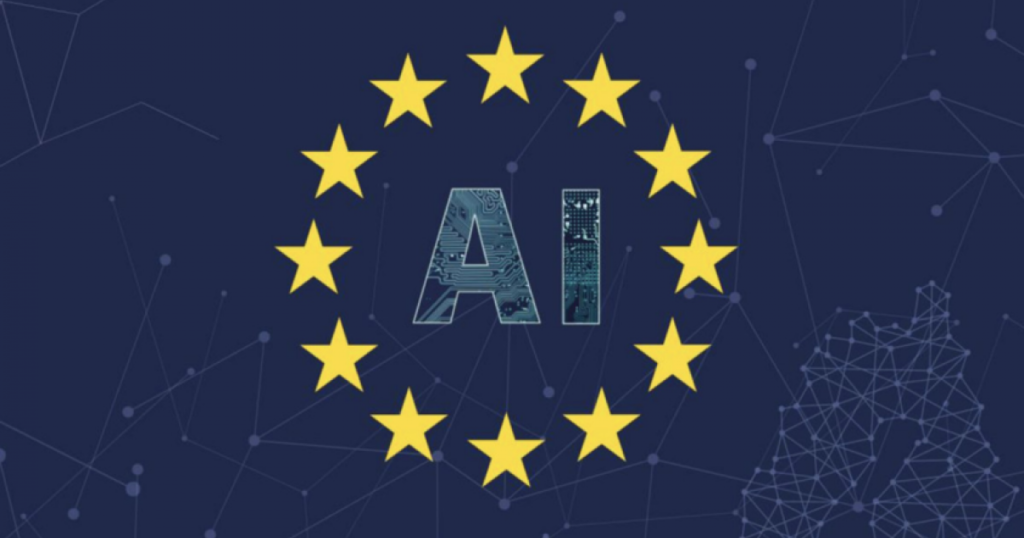The European Union is moving forward with its ambitious plans to regulate artificial intelligence by appointing a select group of experts to determine compliance standards for businesses under the forthcoming AI Act. On Monday, the European Commission will hold the inaugural plenary meeting of these working groups, composed of external specialists tasked with creating a “code of practice.” This code is intended to guide companies on how to adhere to the extensive legal framework governing AI technologies.
Four distinct working groups have been formed, each focusing on key issues, including copyright, risk mitigation, and transparency. Among the notable experts leading these groups are Canadian scientist Yoshua Bengio, known as one of the “AI godfathers,” former UK government policy advisor Nitarshan Rajkumar, and Marietje Schaake, a fellow at Stanford University’s Cyber Policy Center. The composition of these groups also includes representatives from major tech corporations like Google and Microsoft, alongside nonprofit organizations and academic authorities.
Although the code of practice will not be legally binding upon its introduction in 2024, it will serve as a practical checklist for businesses aiming to demonstrate compliance with the new laws. Companies that claim to adhere to the regulations but disregard the code could face significant legal repercussions. This aspect is crucial, especially as AI firms have historically resisted disclosing the datasets used to train their models, citing trade secrets and competitive advantages. The AI Act mandates that some companies provide detailed summaries of the data utilized in their AI training, and the code of practice is expected to clarify how comprehensive these summaries need to be.
One working group will specifically address transparency and copyright issues, which may compel companies to publicly share extensive datasets. This requirement raises concerns about exposing firms to potential legal challenges. Recently, tech giants like Google and OpenAI have faced lawsuits from creators alleging improper use of their content in training AI models, highlighting the contentious relationship between AI development and copyright law.
The working groups are scheduled to convene three more times before their final meeting in April 2025, where they are expected to present the code of practice to the European Commission. If accepted, companies will be evaluated against the code starting in August 2025, marking a significant milestone in the regulation of AI technologies within the EU.



